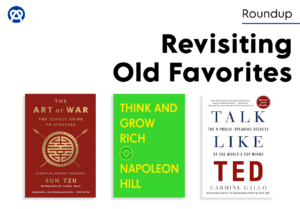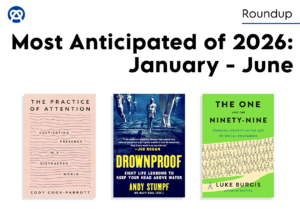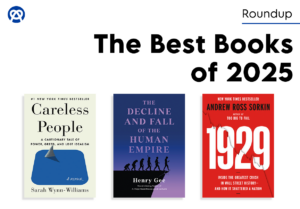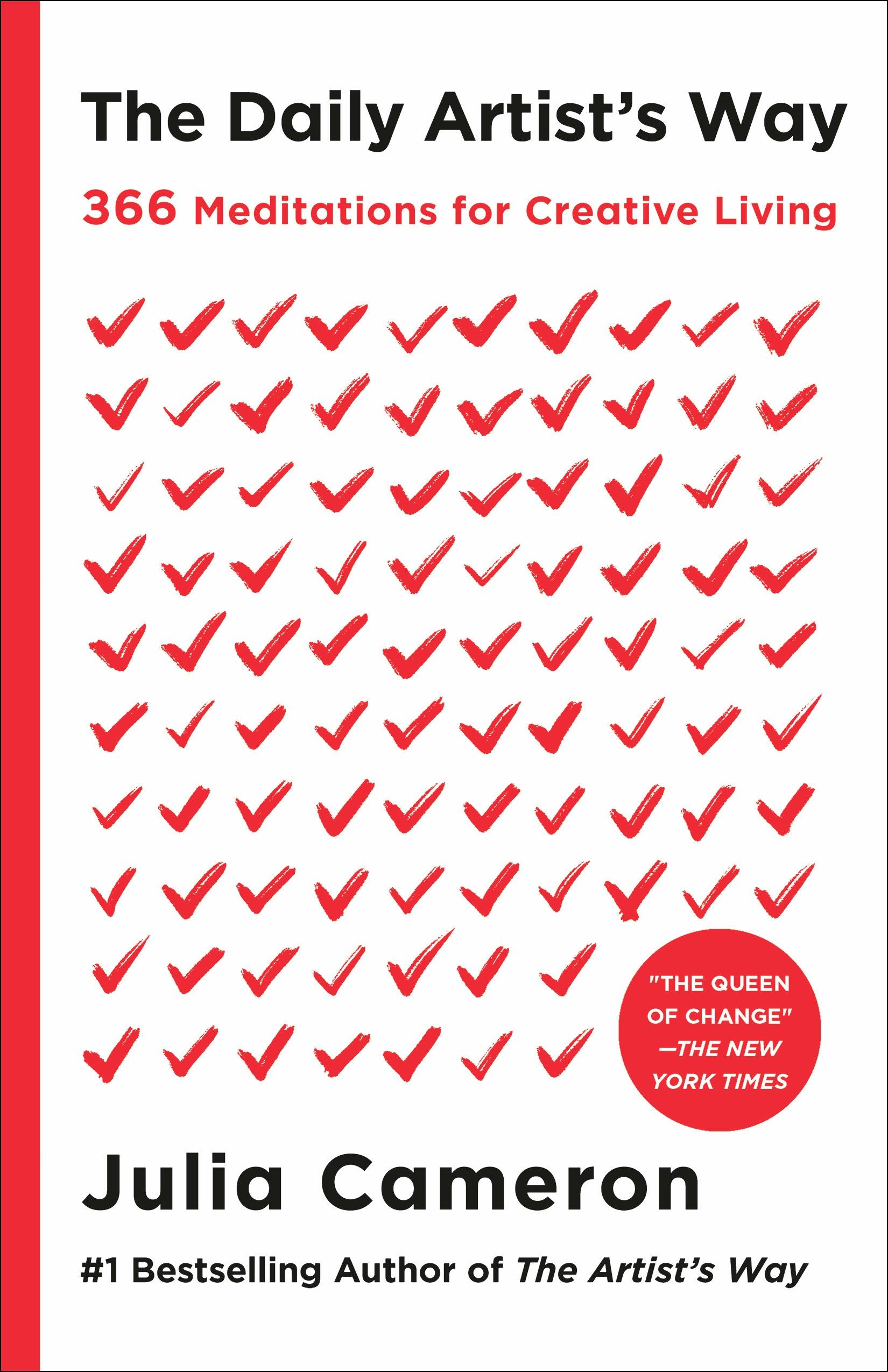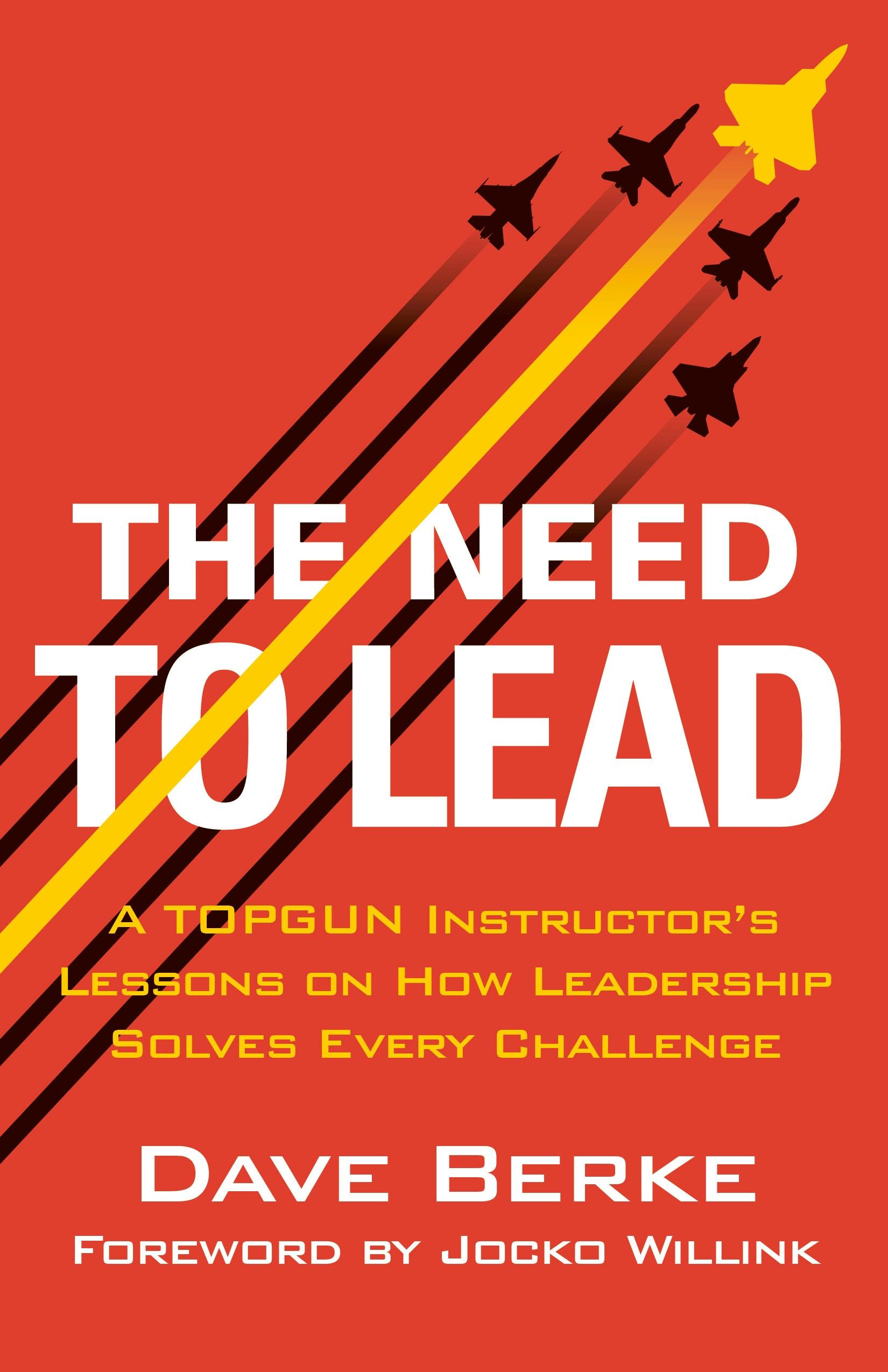What is money?
That question was rattling around in my head for years before I started coming up with the answer that would result in The Almightier, and the thing that got me thinking about that question was bitcoin. I was working as a reporter at The Wall Street Journal in 2013 when I first heard about bitcoin (Yeah, trading under $100; no, I didn’t buy any). At first, bitcoin interested me because of the crazy people full of wild ideas promoting it. As a writer I immediately saw that it was a story, and indeed covering bitcoin changed the trajectory of my career as it became a bigger and bigger phenomenon.
Bitcoiners pushed their cryptocurrency as the future of money, to which the financial brahmans snorted. Bitcoin wasn’t backed by any government. It didn’t fulfill any of the functions of money. It wasn’t a means of exchange, a unit of account, or a store of value. How could it be money? And that got me thinking. Well, what is money? At its most basic level it’s an easy question to answer. Money is the thing you use to buy other things. We’re all taught early how to use it, and there really isn’t much need to think about it more than that.
But using money is just its function. What is money, really? Why do we value it the way we do? Why do we spend our lives chasing it? Why do people go to such extremes to get it? Why are people like Ivan Boesky and Bernie Madoff willing to break laws and ruin other people lives in order to get it? There is something deeper at work here. But I didn’t have an answer, so the question just sat on a shelf in my mind.
The spark for me came, ironically enough, in the early days of the pandemic. I was in a supermarket talking to a clerk as she checked out my groceries. I thanked her for being there for us. She thanked me for saying so. But she wasn’t there out of any sense of civic virtue. She worried about catching the virus, bringing it home to her family. An entire family in south Jersey had just died in exactly that way and it was all over the news so her anxiety was well placed. No, she said, she was there because she had a family, she had to support them, she was supposed to support them. That’s what responsible adults do. So she rang up groceries and risked her life for money. I walked out of there and I thought, that is messed up (messed is not the word I thought, but this is a family publication). That wasn’t Madoff or Boesky, that wasn’t a case of greed. That was just a woman trying to support her family who needed money just to live. How did we get to a point where money was valued more than life?
She survived the pandemic, I’m relieved to say. But the encounter stayed with me and started me down the rabbit hole of trying to figure out exactly why we value money the way we do. I had to go way way back in history, to the oldest words written down that we’ve ever found, because the oldest words we’ve ever found were about money. What I discovered was surprising: money emerged as a tool of religion, a way for ancient temples to manage their wealth and run their societies. It was a claim on resources, but more compellingly it was seen as a sign of the gods’ favor. There was a value judgement being made on who had and didn’t have money. Those who had it, we were told, had it because the gods wanted them to have it. That’s what John Calvin said, and he codified that into Protestant dogma. When Protestants came to the Americas they brought that belief with them, and the work ethic built on that belief became the cornerstone of the new nation.
Of course, it’s all just a myth. Money isn’t real, not really real. It doesn’t have an objective existence, not the way trees and mountains and planets and stars do. It’s something we made up. But we’ve built our economics around this myth, and we’ve made the pursuit of this myth the thing around which our entire society revolves. And the myth is so deeply embedded in our collective subconscious now that people don’t even understand that the pursuit of wealth is really a pursuit of the Almighty.
Six thousand years ago, cities revolved around the temple; the entire society was dedicated to trying to please the gods. That was the incentive system. You can’t build a modern world around the idea of mythological gods, at least not one that can take its people above the clouds and see for themselves that there is no heaven. So we needed to find a new thing around which society could revolve. It became money.
Money is a representation of resources, but because we’ve moved the focus to money and away from resources, we have a malformed idea of what’s actually important in the world. Money makes the world go around, but it’s only because we’ve mythologized it and dedicated ourselves to its pursuit. It is long past time for us to reframe money, to reduce it to the accounting tool it is supposed to be, rather than the Almightier that it has become.
Interested in more? The Almightier is available now!
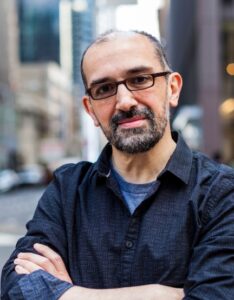
Paul Vigna is an author, journalist, editor and speaker, with a particular focus on capital markets and cryptocurrencies. He is the author of Guts: The Anatomy of The Walking Dead and coauthor of The Age of Cryptocurrency and The Truth Machine. For 25 years, he was a reporter and editor for Dow Jones Newswires and the Wall Street Journal, pioneering coverage of the cryptocurrency sector. He has appeared on CNN, CNBC, MSNBC, Fox, and PBS.


